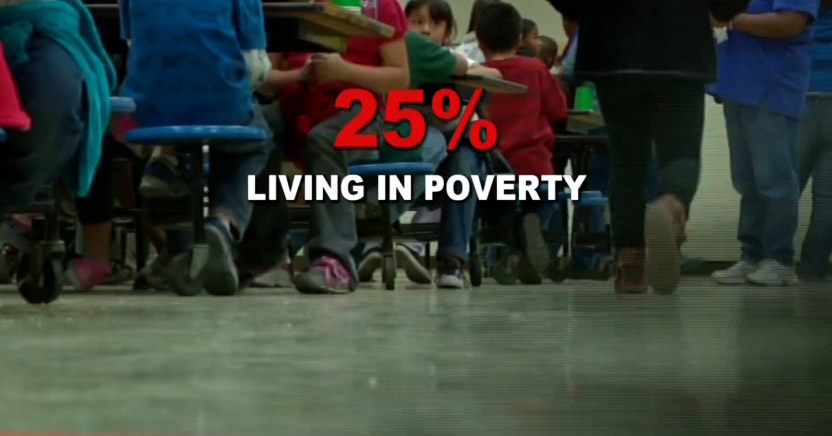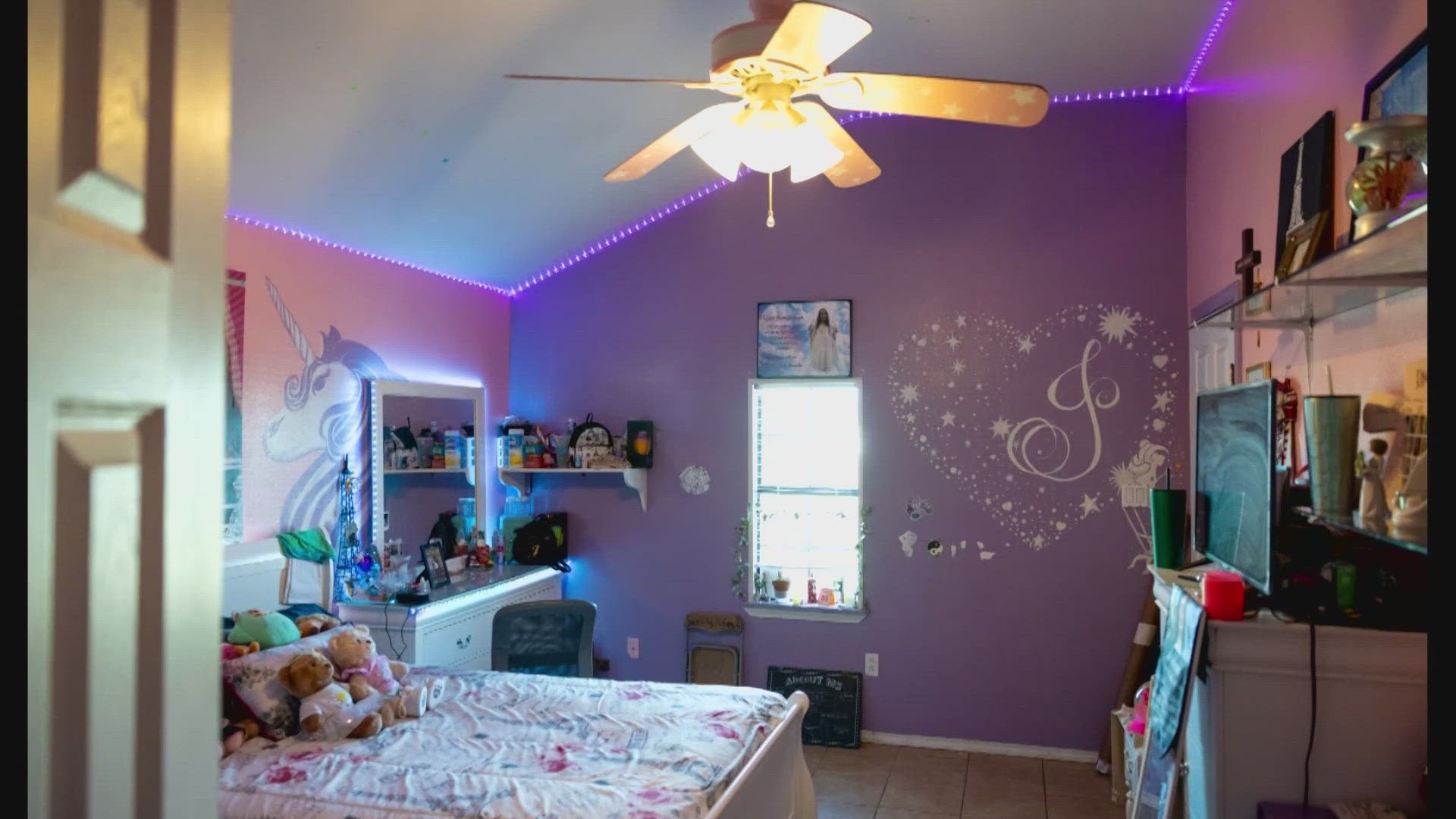AUSTIN, Texas -- Most kids dream of being a superhero; but for some, everyday life poses superhuman challenges.
"We consistently rank, here in Texas, as one of the worst states to be a kid," said Ann Beeson, executive director of the Center for Public Policy Priorities. The Austin-based think tank released a report Wednesday titled "The State of Texas Children."
According to the data, 13 percent didn't have health insurance as of 2013. Though the number was down from 16 percent in 2009, the state still ranked 49th among the 50 states in terms of percentage of children insured. The report found 27.4 percent lived in food-insecure households as of 2012, and 25 percent lived in poverty as of 2013. The poverty rate for a family of four is about $24,000 per year.
The number of children living in poverty and low-income households appears to be growing, even as unemployment is dropping. The state unemployment rate in 2013 was down to five percent, an improvement over six percent in 2009.
"That's a great thing here in Texas, lots of jobs," said Beeson. "But we want to see better jobs and higher wages so that kids and their families can have better security."
State Rep. Joe Deshotel (D-Beaumont) says breaking the poverty cycle begins at school.
"I think education solves a lot of problems. So the state is slowly recognizing that and we're slowly moving toward early childhood education because that's where the gap begins," said Deshotel. "They can almost tell now at third grade if a kid's probably going to go to the penitentiary or go run an organization."
The importance of early education appears to be an area of increasing bipartisan agreement. The Republican-controlled Texas House and Senate budgets both propose more pre-K funding, and Governor Greg Abbott (R-Texas) listed early education as his first emergency item -- eligible for immediate action in the Texas Legislature.
"Our journey begins with striving to create the best education system in America," Abbott said in his February State of the State address. "My budget provides additional funding for schools that adopt high-quality pre-K programs in the state of Texas."
The debate this session will be over what that looks like. Democrats prefer full-day universal pre-K, but are willing to deal.
"I think if we have half-day pre-K I certainly would like to see the quality and certification requirements go up," said Deshotel.
"One in 11 children in the United States lives in the state of Texas," said Beeson. "What that means is that how we treat our kids and how we take care of our kids is going to determine not just the future of Texas, but actually the future of the whole country."
Sister JT Dwyer of the Daughters of Charity in San Antonio says reversing those numbers isn't just a political issue.
"Every religious tradition tells us we have a moral obligation to take care of the poor and the vulnerable in our society," said Dwyer.
If legislators can do it together, they may just save the day.
For the full dataset, CLICK HERE.


